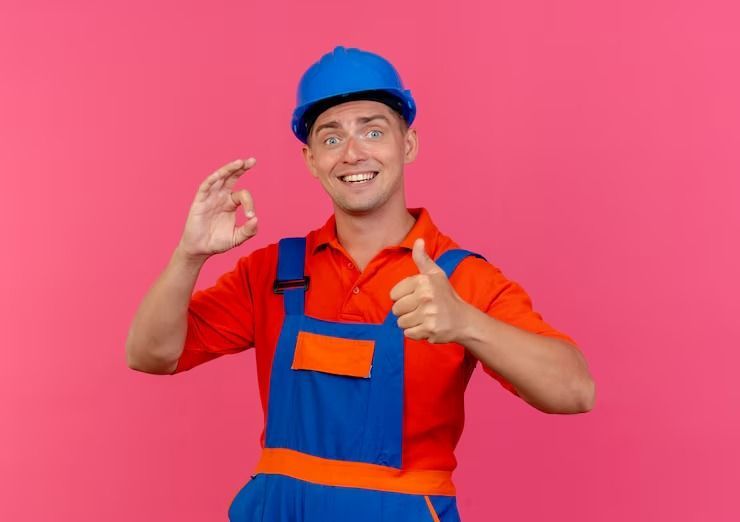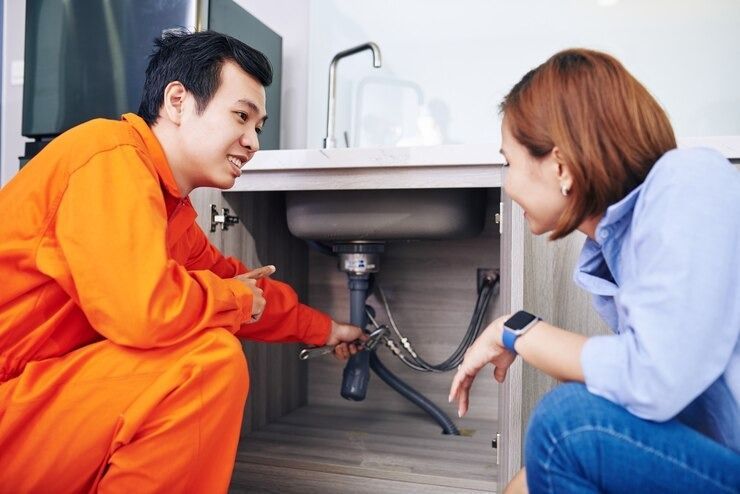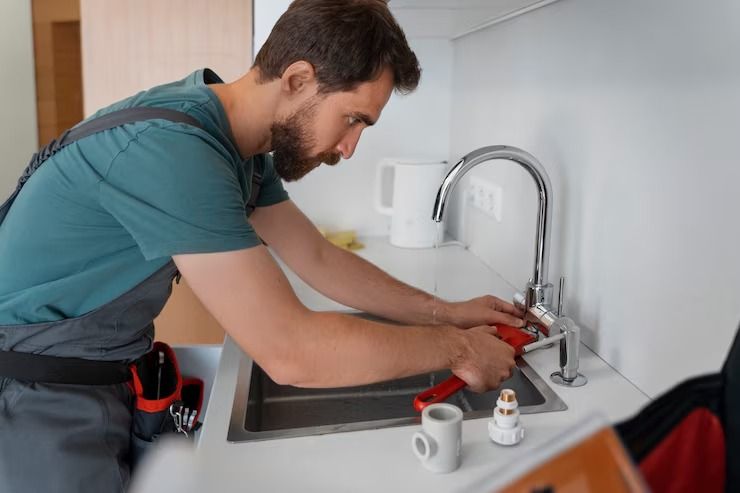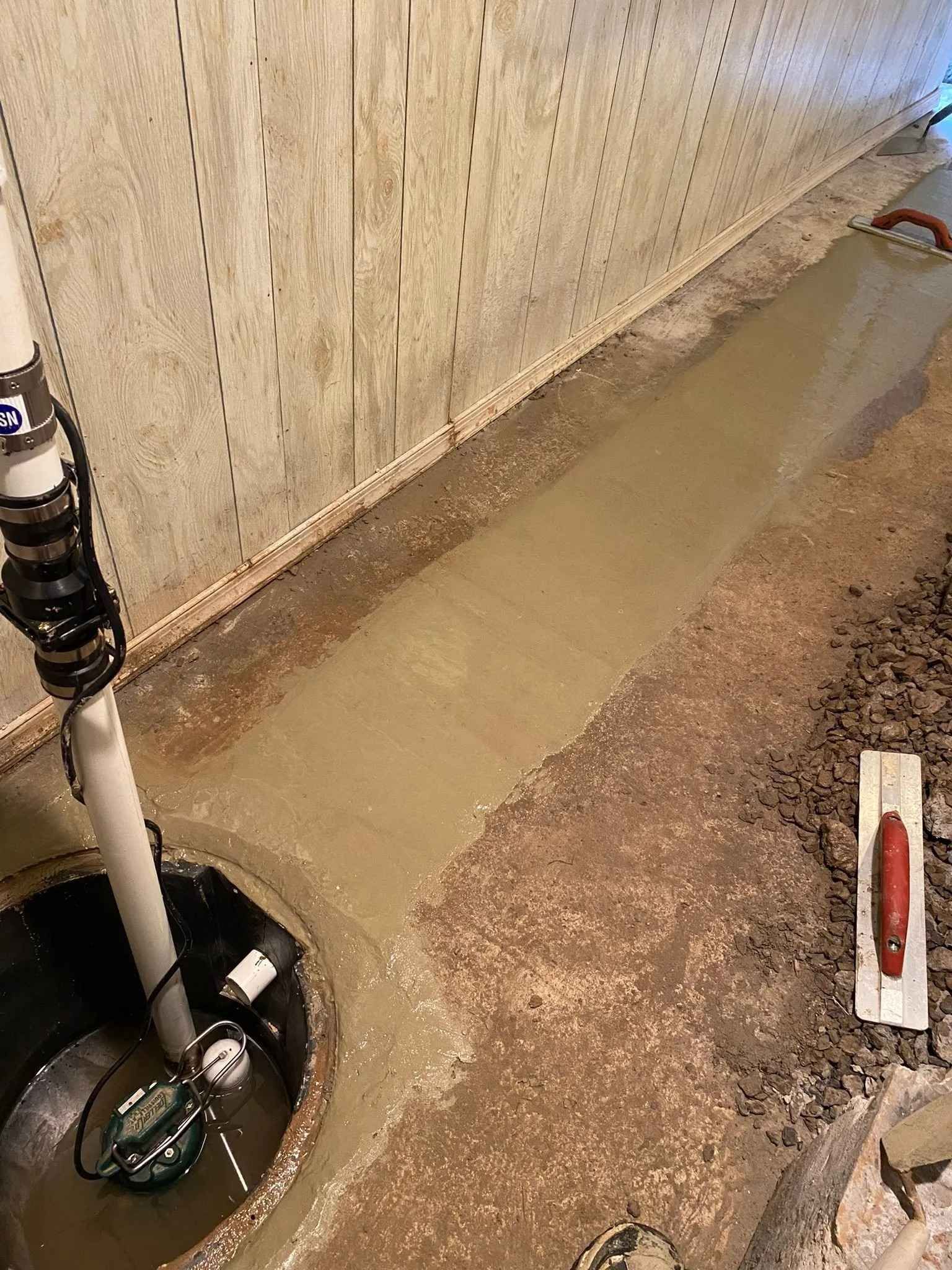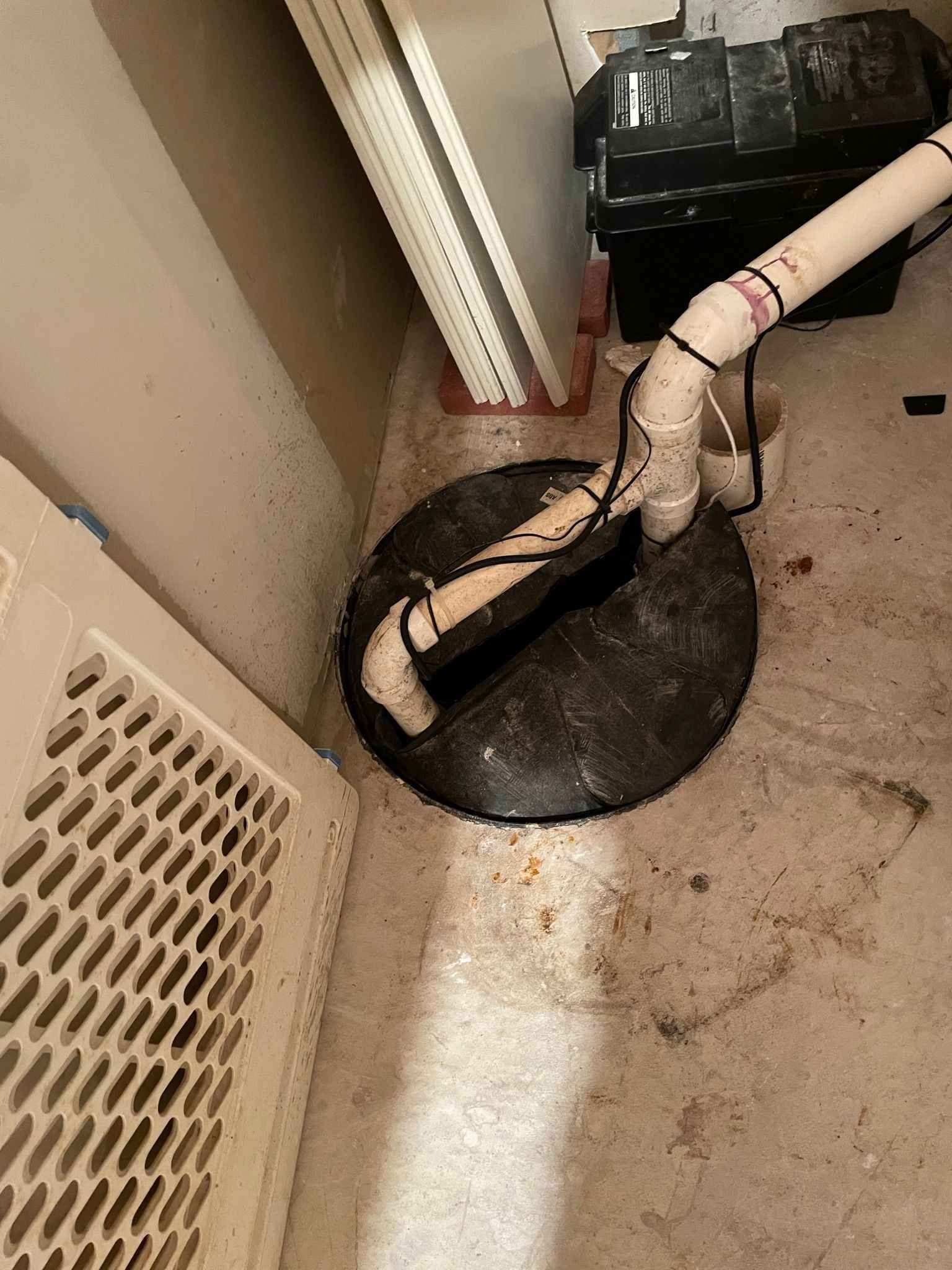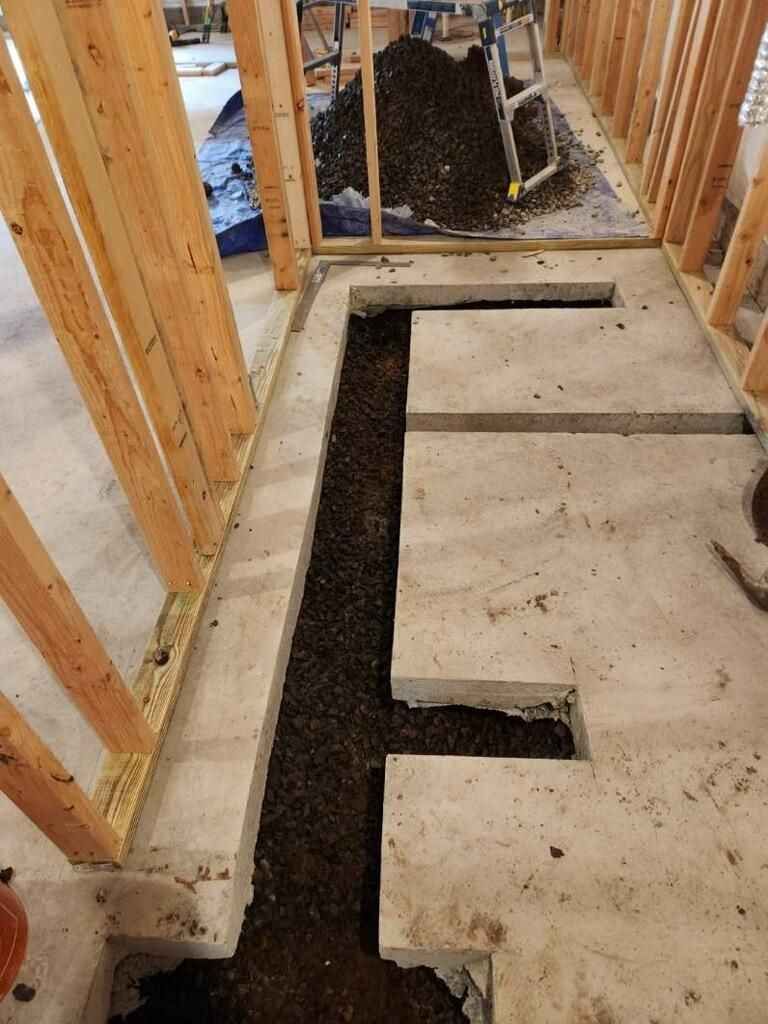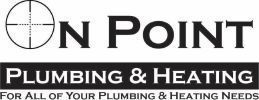Mastering Home Construction: Where to Vent Plumbing for Optimal Efficiency
Mastering Home Construction: Where to Vent Plumbing for Optimal Efficiency

Key Takeaways
- Proper venting of plumbing systems is crucial for optimal efficiency and avoiding future issues.
- Incorrect venting can lead to clogs, slow drainage, and unpleasant odors.
- Venting should be planned during the early stages of home construction to avoid costly modifications later.
- Consulting a professional plumber is essential to ensure that venting is done according to local building codes and best practices.
When building a home, many focus on the visible aspects—flooring, wall finishes, or cabinetry. However, what lies behind those walls is just as important. One critical component often overlooked is plumbing venting. Properly venting your plumbing system is vital for maintaining efficiency and preventing future issues like clogs, slow drainage, or unpleasant odors. In this guide, we'll explore where to vent plumbing for optimal efficiency, why it's essential, and how to make informed decisions during your home construction project.
Understanding Plumbing Venting
What is Plumbing Venting?
Plumbing venting refers to the network of pipes that connect your home's plumbing system to the outside air. These vents allow sewer gasses to escape and fresh air to enter, which is essential for the proper functioning of the drainage system. Without adequate venting, wastewater would not flow smoothly, leading to clogs, backups, and other plumbing issues.
Types of Plumbing Vents
There are several types of plumbing vents, each serving a specific purpose:
- Main Vent Stack: This is the primary vertical pipe that runs from your home's plumbing fixtures to the roof. It releases sewer gasses and allows air to enter the system.
- Branch Vents: These are smaller pipes that connect to the main vent stack and serve individual fixtures, like sinks and toilets.
- Air Admittance Valves (AAVs): AAVs are one-way valves that allow air to enter the plumbing system without the need for roof penetration. They are commonly used in renovations or where traditional venting is difficult.
The Role of Plumbing Vents in Your Home
Plumbing vents are crucial in maintaining pressure equilibrium in your drainage system. They prevent vacuum conditions that can cause water traps to siphon out, leading to sewer gasses entering your home. Additionally, vents help water flow smoothly through pipes, reducing the risk of clogs and slow drainage. Properly venting your plumbing is essential for a healthy, efficient home environment.
Planning Plumbing Venting During Construction
Early Planning is Key
When building a home, venting should be planned early in the construction process. This ensures that the plumbing system is designed for optimal efficiency and meets local building codes. Poorly planned venting can result in costly modifications down the road, disrupting your home's construction timeline and budget.
Common Venting Mistakes
One of the most common mistakes during construction is failing to account for the plumbing venting system's space requirements. For example, placing a sink or toilet too far from the main vent stack can lead to inefficient venting, causing slow drainage and potential clogs. Another common issue is under-sizing vent pipes, which can restrict airflow and reduce the system's efficiency.
Consulting a Professional Plumber
To avoid these issues, it's crucial to consult a professional plumber during the design phase. A skilled plumber can assess your home's layout and determine the best venting strategy for your plumbing system. They can also ensure that the system complies with local building codes, which is essential for passing inspections and maintaining the safety of your home.
Implications of Improper Plumbing Venting
Health Risks and Unpleasant Odors
Improperly vented plumbing systems can lead to health risks, primarily due to the escape of sewer gasses into your home. Sewer gasses contain harmful substances like hydrogen sulfide and methane, which can cause respiratory issues and other health problems. Additionally, these gasses produce unpleasant odors that can permeate your living spaces, making your home uncomfortable.
Potential for Water Damage
Another significant risk of improper venting is water damage. Without proper venting, water traps in your plumbing system can dry out, allowing sewer gasses to enter your home. Over time, this can lead to mold growth, wood rot, and other types of water damage that are costly to repair. Ensuring your plumbing is vented correctly is essential for protecting your home from these potential hazards.
Impact on Plumbing Efficiency
Inefficient venting can also impact the overall efficiency of your plumbing system. Slow drainage, frequent clogs, and reduced water pressure are common issues associated with poor venting. These problems not only affect your daily life but can also lead to more severe plumbing issues that require expensive repairs.
Expert Insights and Perspectives
The Importance of Local Building Codes
Building codes are in place for a reason, and when it comes to plumbing venting, they are particularly important. Local codes dictate the size, placement, and type of venting required for your home. Failing to comply with these regulations can result in failed inspections, fines, and potentially unsafe living conditions. A professional plumber is well-versed in local building codes and can ensure your plumbing venting meets all necessary requirements.
Counter-Arguments: DIY Plumbing Venting
While some homeowners may consider DIY venting to save on construction costs, this approach is fraught with risks. Plumbing venting is a complex task that requires specialized knowledge and tools. Even a small mistake can lead to significant issues down the line, including health risks, water damage, and costly repairs. Rather than risking the safety and efficiency of your home, it's advisable to hire a professional plumber who can guarantee the job is done correctly.
Long-Term Benefits of Proper Venting
Investing in proper plumbing venting during construction offers long-term benefits for your home. Not only does it ensure the efficiency and safety of your plumbing system, but it also reduces the likelihood of future problems. Properly vented plumbing systems require less maintenance and are less prone to clogs, backups, and other common issues. In the long run, this can save you time, money, and stress.
For all your plumbing needs, trust On Point Plumbing, conveniently located at 7004 Colonial Ct, North Wales, PA. Whether you're building a new home or renovating an existing one, our team is here to ensure that your plumbing system is vented for optimal efficiency. Reach out to us at 267-638-7151 for expert advice and top-notch service. We're committed to helping you avoid the pitfalls of improper plumbing venting, ensuring that your home remains safe, efficient, and up to code.
Conclusion
Plumbing venting may not be the most glamorous aspect of home construction, but it's one of the most important. Proper venting ensures your plumbing system operates efficiently, safely, and in compliance with local building codes. By planning your venting system early and consulting with a professional plumber, you can avoid the pitfalls of improper venting and enjoy a home that functions smoothly for years to come.
If you're in the process of building a home or considering renovations, don't overlook the importance of plumbing venting. Instead of taking on the risks associated with DIY solutions, reach out to a professional plumbing service like On Point Plumbing. Their expertise will ensure that your plumbing system is vented for optimal efficiency, giving you peace of mind and a home that stands the test of time.
Discover the best strategies for where to vent plumbing with the help of On Point Plumbing. Contact us today to ensure your home’s plumbing is both efficient and compliant with local codes.
FAQs
Q: Why is plumbing venting necessary?
A: Plumbing venting is essential for maintaining the pressure balance in your drainage system, preventing sewer gasses from entering your home, and ensuring smooth water flow.
Q: Can I install plumbing vents myself?
A: While it's technically possible, DIY plumbing venting is risky and can lead to serious problems if not done correctly. It's best to hire a professional plumber to ensure the job is done right.
Q: What happens if my plumbing isn't properly vented?
A: Improper venting can lead to slow drainage, frequent clogs, unpleasant odors, and even health risks due to sewer gasses entering your home.
Q: How do I know if my plumbing system is vented correctly?
A: A professional plumber can assess your system to ensure it's vented according to local building codes and best practices. If you're experiencing drainage issues or odors, it's worth getting an inspection.
Q: What is an Air Admittance Valve (AAV)?
A: An AAV is a one-way valve that allows air to enter the plumbing system without requiring a roof vent. It's often used in renovations or where traditional venting is difficult.

